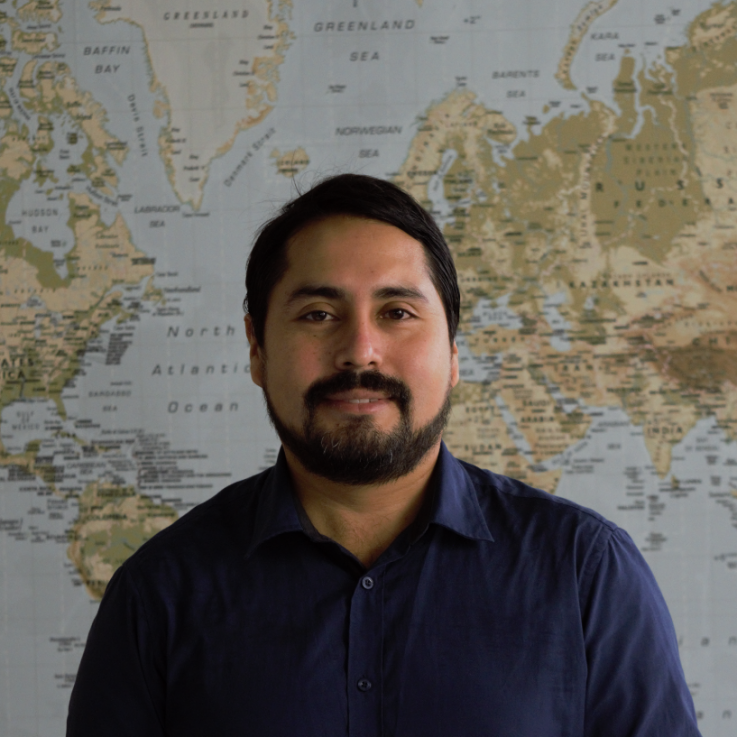
Research projects funded for 2020 by EarthLab’s Innovation Grants Program will study how vegetation might reduce pollution, help an Alaskan village achieve safety and resilience amid climate change, organize a California river’s restoration with tribal involvement, compare practices in self-managed indigenous immigrant communities and more.
EarthLab is a University of Washington-wide institute connecting scholars with community partners to address environmental challenges. The institute announced awards for its 2020 Innovation Grants Program on May 5.
Four research teams were chosen from 43 that applied. Proposals were reviewed by an 11-member committee including faculty and staff in several areas as well as an outside community member. This is the program’s second year.
Each team will receive up to $75,000 as well as administrative and communications support for a 16-month period ending in September 2021.
Crucially, the researchers also plan to collaborate with community partners from El Centro de la Raza locally to universities internationally for these projects. All of the community partners involved are listed on the EarthLab grants webpage.
Lessons from urban indigenous immigrants
“This project will compare a self-managed indigenous immigrant community still using traditional practices in Iquitos, Peru,” the team wrote, “to a similar indigenous immigrant community nearby that developed with social and political pressures to colonially urbanize and leave traditional practices behind.”
UW members of the research team are Leann Andrews, affiliate assistant professor of landscape architecture; Gemina Garland-Lewis, photographer with the UW Center for One Health Research; Ursula Valdez, lecturer in the UW Bothell School of Interdisciplinary Arts & Sciences; Kathleen Wolf, research social scientist with the School of Environment and Forest Sciences; and doctoral student Coco Alarcon of the School of Public Health.
“We use an innovative, mixed-methods approach by combining indigenous knowledge, science and art to document environmental conditions, ecosystem health, traditional knowledge practices, and human-nature connections in each community,” the team wrote.
Read the entire story and view the complete list of projects at UW News. Coco Alarcon is a PhD student in the Department of Global Health.